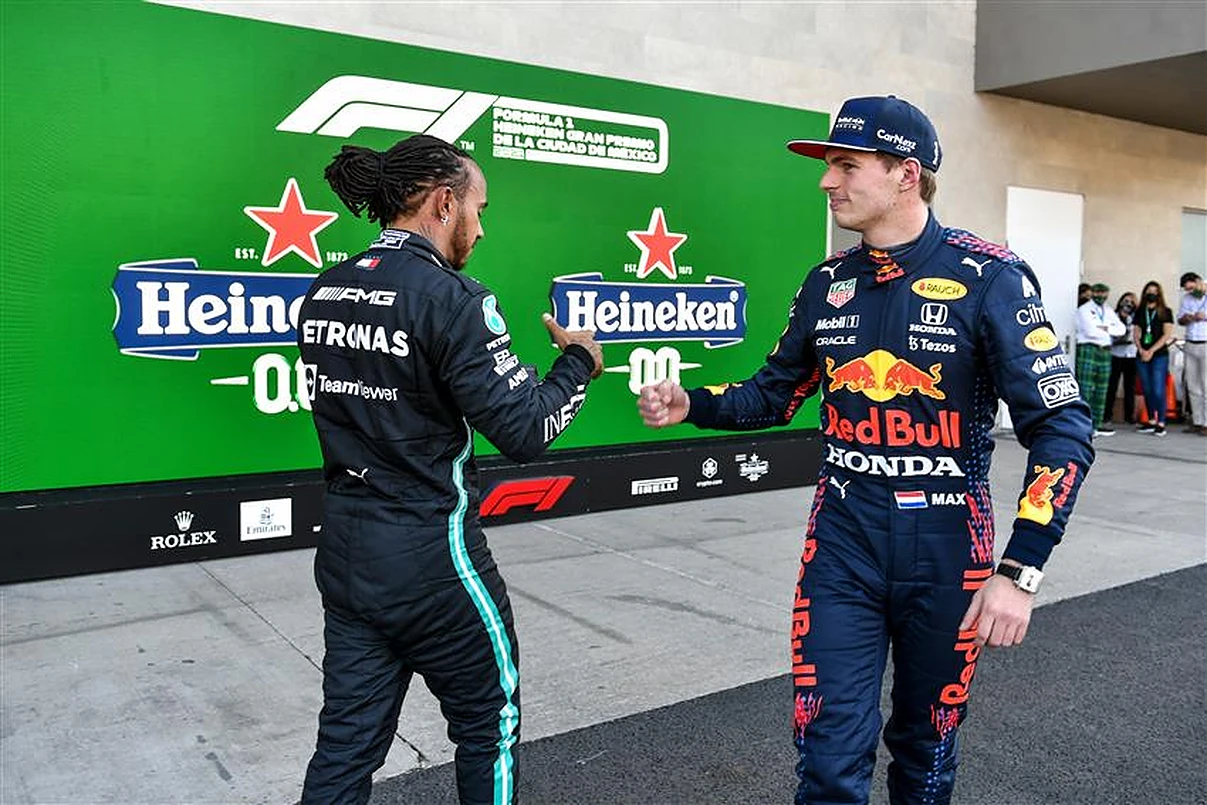2022 was a troubling year for Mercedes, with the Silver Arrows having endured a tough start to the new aerodynamic era of Formula 1.
After eight years of dominating the Constructors’ Championship, the new aerodynamic regulations that were introduced for 2022 were a real wake-up call for the Germans, who found themselves in an unusual position.
Mercedes presumably became so used to winning in the hybrid era, given that from 2014-2021 they were virtually untouchable.
To have claimed just one win this year must’ve been a shock for the Brackley-based outfit, who spent the majority of the year fighting for top-five finishes, let alone podiums or even victories.

READ: Mercedes warned Lewis Hamilton ‘is not that young anymore’ as Mick Schumacher lurks
This was as a result of the team’s horrific porpoising problems, which largely put a halt on developments to the W13.
It was imperative for Mercedes to solve their bouncing woes, something which took effectively half a season.
In true Mercedes spirit they did make rapid progress towards the front once they solved the issue; however, it was arguably too little too late.
Porpoising wasn’t their only concern, as their power unit was making the W13 concerningly slow down the straights, with Lewis Hamilton and George Russell having been left as sitting ducks on several occasions.
This could be an issue for the Germans over the next three years, with an engine freeze having been introduced from 2022 until the end of 2025.
This factor, added to the fact that there was also a fuel regulation change, meant that from 2021 going into 2022, Mercedes had a “really big development programme”, one that Mercedes HPP managing director Hywel Thomas labelled as a “really big effort”.
“We had a really big development programme over the whole of last year and through that winter,” Thomas said in the Mercedes video.
“And just trying to make sure we landed that was a real big effort, a really, really big effort.”
The new fuel was something that Thomas was seemingly concerned about going into 2022, with him knowing that the W13’s engine would suffer from a power reduction.
Thomas admits he simply “didn’t know” where Mercedes would find themselves at the Bahrain Grand Prix, and that the team were ultimately disappointed once they finally “hit the track”.
“We just didn’t know where we were going to end up,” Thomas added.
READ: McLaren fire back at Alpine after Oscar Piastri claims
“When we hit the track, I think there was a bit of disappointment and some things that we could certainly put right.
“We knew we couldn’t do it through hardware, which had been our way of developing things for the past however many years.
“So, we had to really go back and reconsider how we were going to develop ourselves out of that position.”

